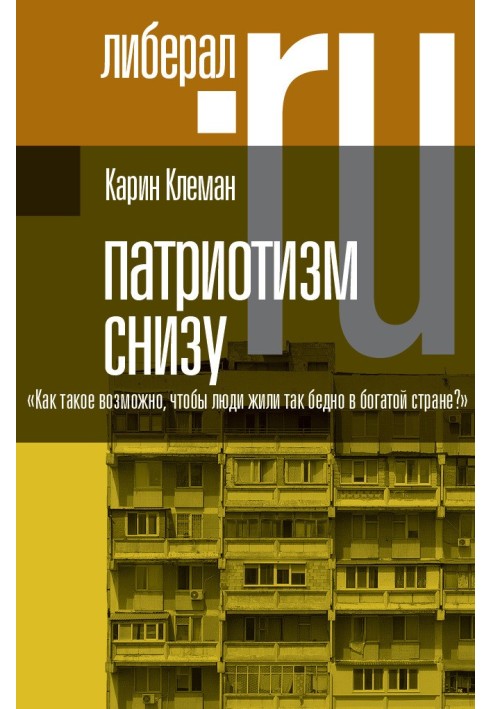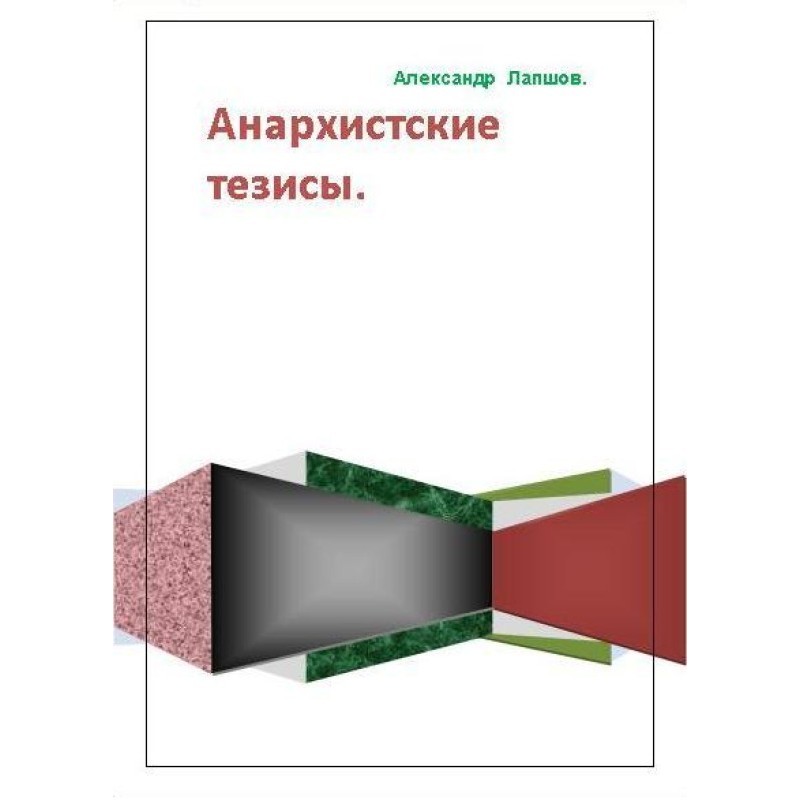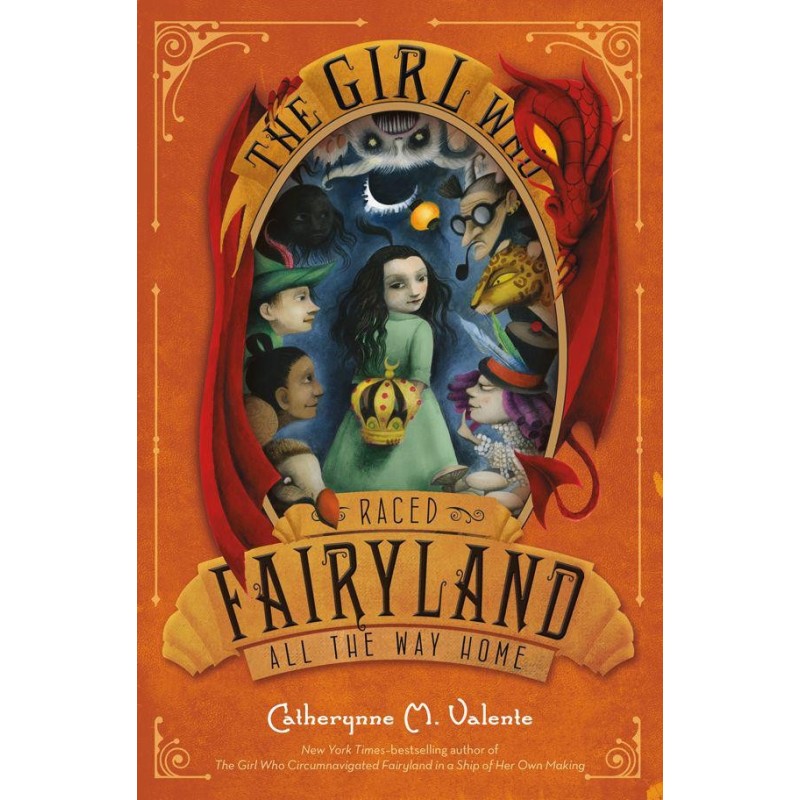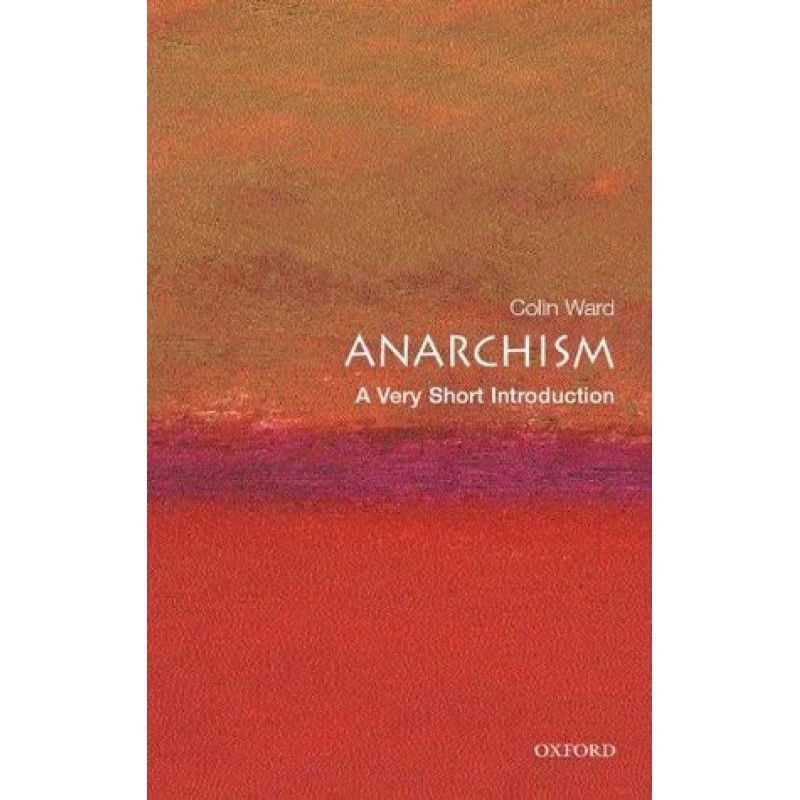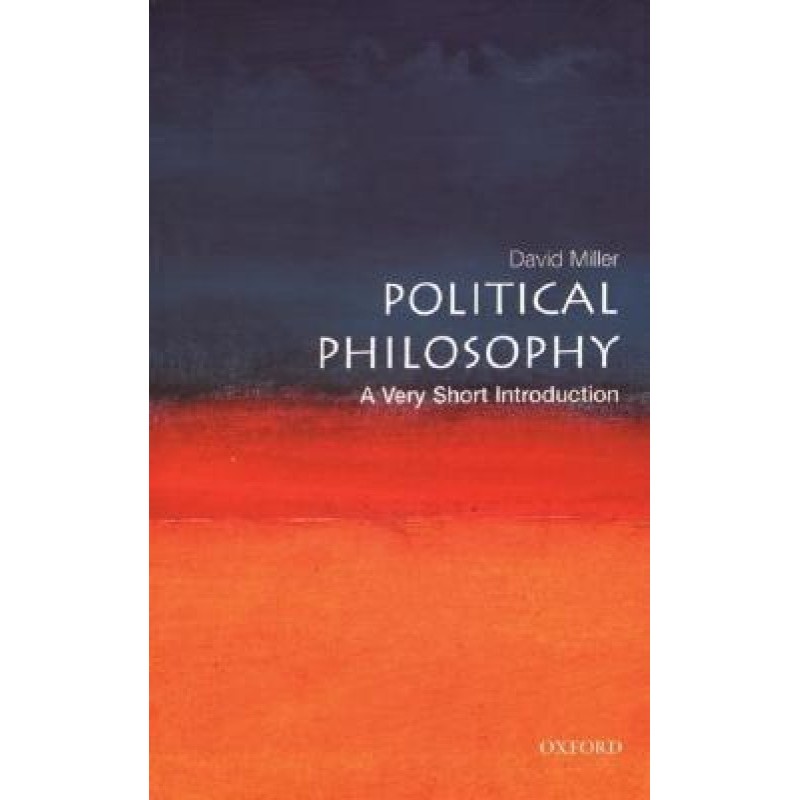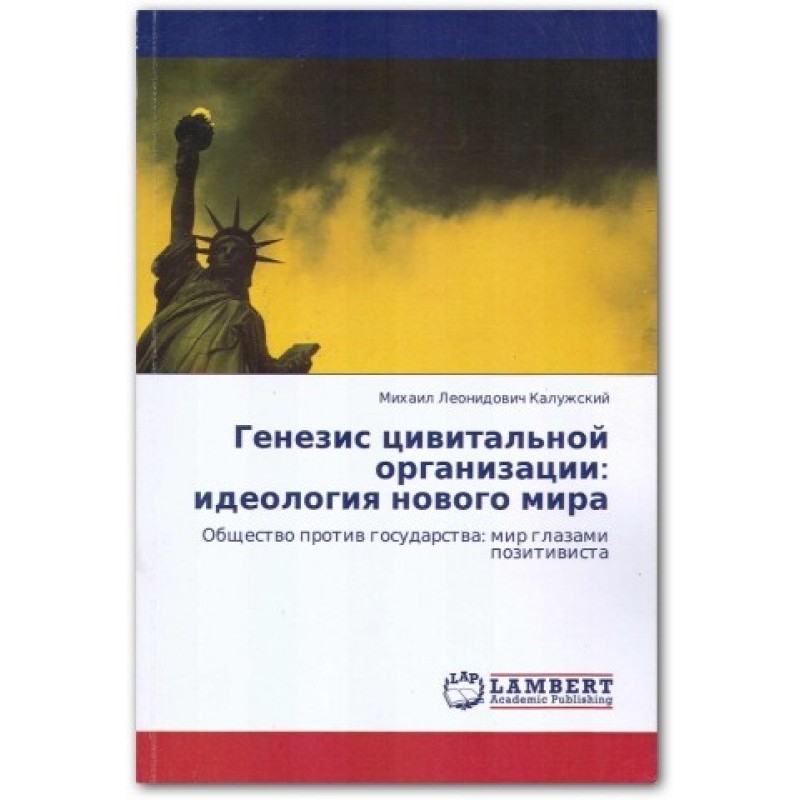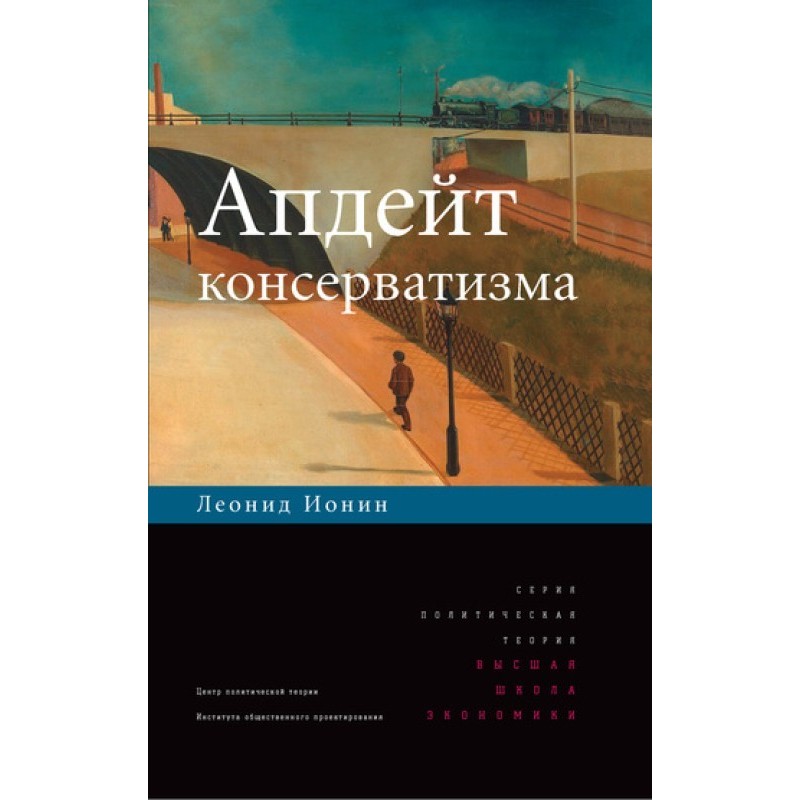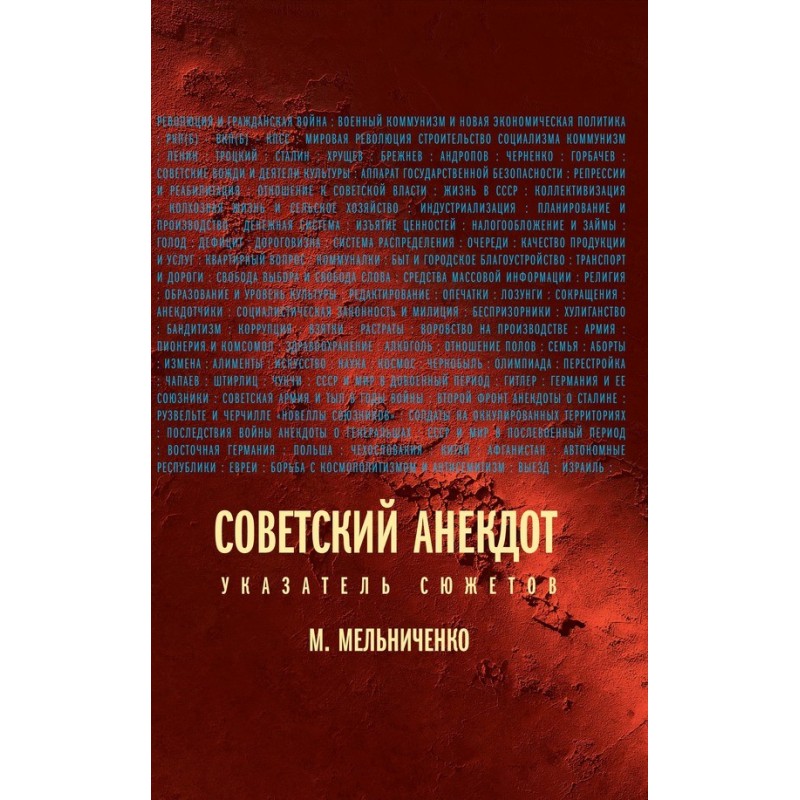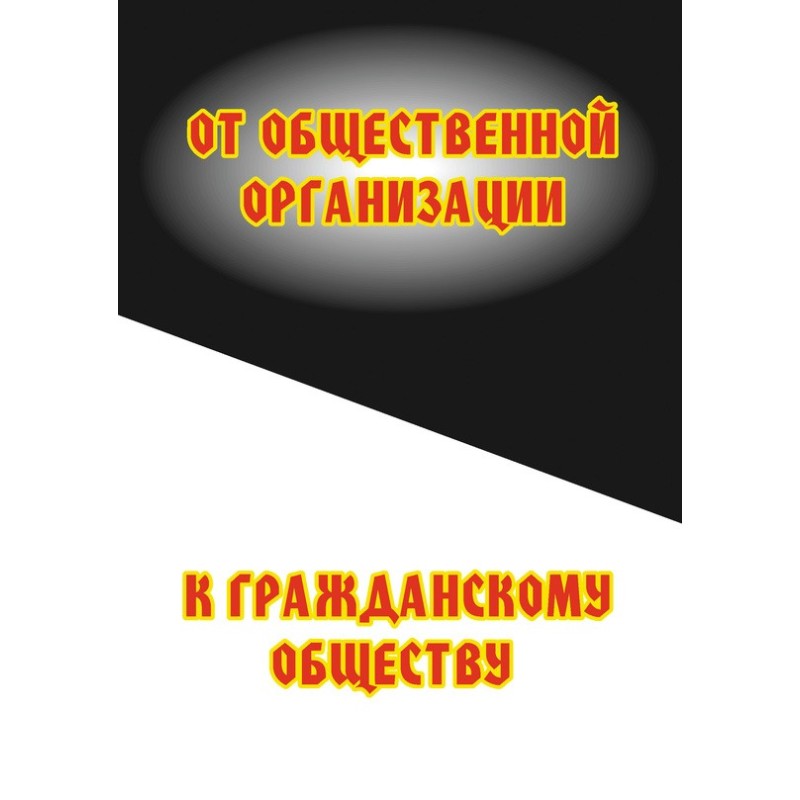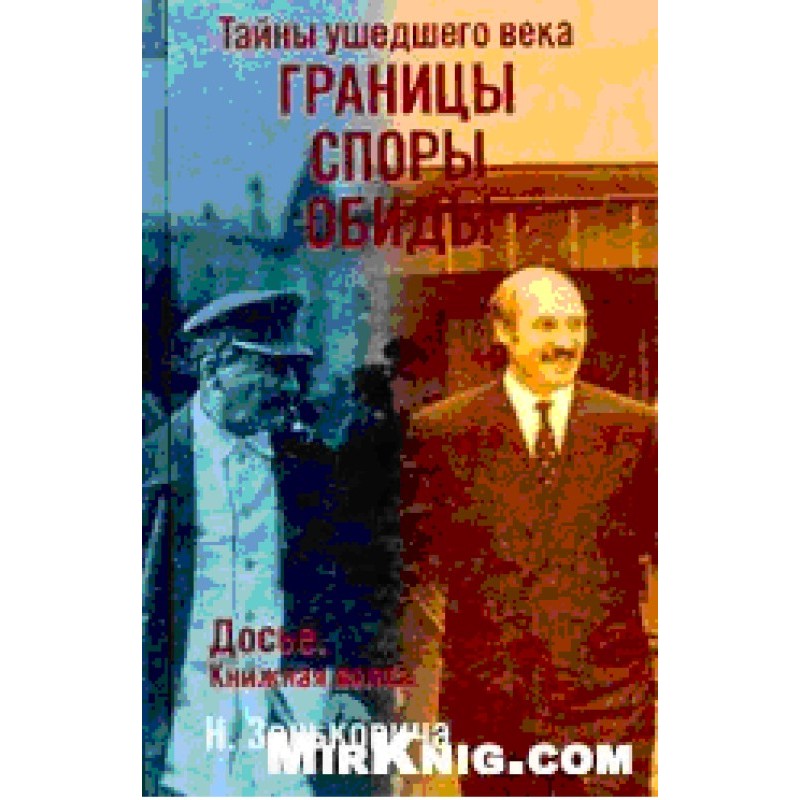Patriotism from below. “How is it possible for people to live so poorly in a rich country?”
 Instant download
Instant download
after payment (24/7)
 Wide range of formats
Wide range of formats
(for all gadgets)
 Full book
Full book
(including for Apple and Android)
How do citizens of modern Russia feel about their country and do they consider themselves part of the nation? According to Karine Clément, the process of nation-building in post-Soviet Russia is still not completed. If, for comparison, we turn to the countries of Western Europe or the United States, then there “nation” (with all the negative connotations around the term “nationalism”) is one of the fundamental concepts inextricably linked with democracy: a worthy citizen (representative of the nation) is obliged to participate in politics. What is the essence of patriotic sentiments in today's Russia? Is this xenophobic great power or a set of ideas aimed at consolidating the emerging nation? Is this ideological propaganda in the name of permanence of power or a multitude of national memories that cannot be reduced to one narrative? Does the Russians' desire for solidarity come from below and is it fully controlled from above? The author tries to answer these questions based on in-depth interviews with residents of different regions, using qualitative methods for assessing the statements and behavior of respondents. Karine Clément is a French and Russian sociologist, specialist in grassroots movements, founder of the Collective Action Institute. The book was written as part of the project “Can We Live Together? Problems of diversity and unity in modern Russia: historical heritage, modern state and society."
Data sheet
- Name of the Author
- Карин Клеман
- Language
- Russian

